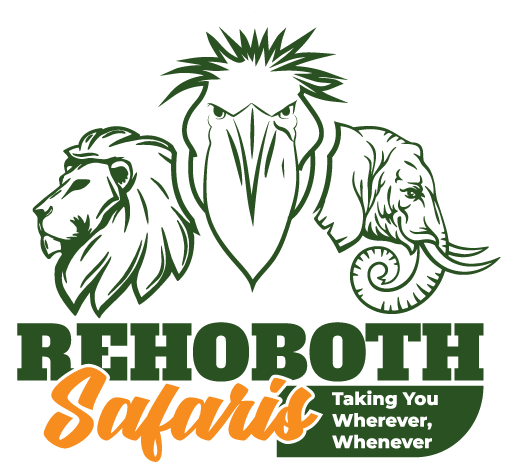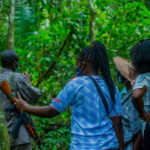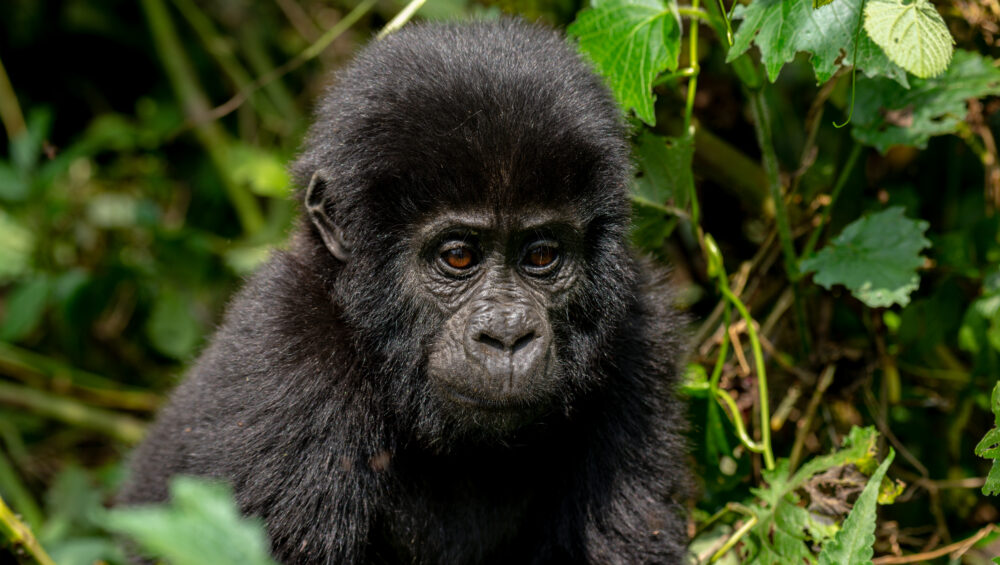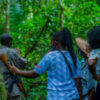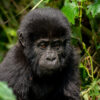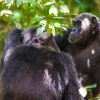Impact of COVID-19 on Ugandan Wildlife Conservation and Tourism: A Story of Resilience and Recovery.
When the COVID-19 pandemic erupted in March 2020, Uganda swiftly responded by closing down its national parks, including the renowned Bwindi Impenetrable National Park, to shield gorillas and chimpanzees from potential infections. The abrupt halt in tourism, which contributes up to 60% of the Uganda Wildlife Authority’s operating revenue, posed significant challenges not only for wildlife conservation but also for the livelihoods of communities surrounding Bwindi.
The Toll on Tourism and Conservation
Tour guide Patrick Kataama, reliant on income from gorilla-trekking tours, found himself in dire straits when parks were closed. With the sudden halt in tourism, Uganda’s ecotourism sector, experiencing exponential growth over two decades, faced a staggering 73% income reduction in 2020. Gorilla trekking, a vital component of ecotourism, contributes substantially to conservation efforts, generating over $25 million in revenue in 2018/2019.
The closure of Bwindi, which provides 60% of the Uganda Wildlife Authority’s revenue, left a financial void affecting not only the park but all protected areas struggling to cover operational costs. As tourism vanished, a surge in poaching occurred, driven by local communities desperate for food and income. Rangers discovered an alarming increase in snares during the lockdown, threatening the safety of wildlife, including the world’s remaining mountain gorillas.
Conservation Amidst Crisis: A Silver Lining Emerges
In response to the crisis, Conservation Through Public Health (CTPH), an NGO focusing on health and coexistence between communities and wildlife, intensified its programs. CTPH aimed to alleviate the pressure on Bwindi and its surrounding communities, recognizing the interconnectedness of public health, livelihoods, and conservation.
Key Initiatives by CTPH:
- Supporting Public Health: CTPH distributed face masks, conducted COVID-19 awareness campaigns, and integrated COVID-19 testing into routine respiratory disease monitoring.
- Emergency Food Relief: To combat hunger, CTPH initiated an emergency food relief program, distributing fast-growing seedlings to farmers around the park.
- Alternative Livelihoods: CTPH promoted alternative livelihoods through its social enterprise, Gorilla Conservation Coffee, supporting over 500 coffee farmers and keeping them out of the forest.
Recovery and Adaptation
Uganda’s borders reopened in October 2020, allowing gorilla tours to resume a month later. The Uganda Wildlife Authority offered a 50% discount on park fees between December 2020 and June 2021 to attract visitors. Although the full recovery of tourist numbers may take two to three years, some operators are reporting positive signs.
Mission Africa Safaris, a tour company at Bwindi, experienced a surge in tourists compared to pre-pandemic levels. However, the profile of international visitors shifted, with generally younger tourists spending less. The pandemic underscored both vulnerability and strength, prompting a realization that conservation cannot solely depend on tourism.
Conclusion: A Wake-Up Call for Sustainable Conservation
The COVID-19 pandemic served as a wake-up call for Uganda, emphasizing the need for diversified approaches to sustain conservation beyond tourism. While the sector faced unprecedented challenges, it also showcased resilience and adaptability. As Uganda navigates the path to recovery, the lessons learned during the crisis pave the way for a more sustainable and resilient future for wildlife conservation and tourism.
